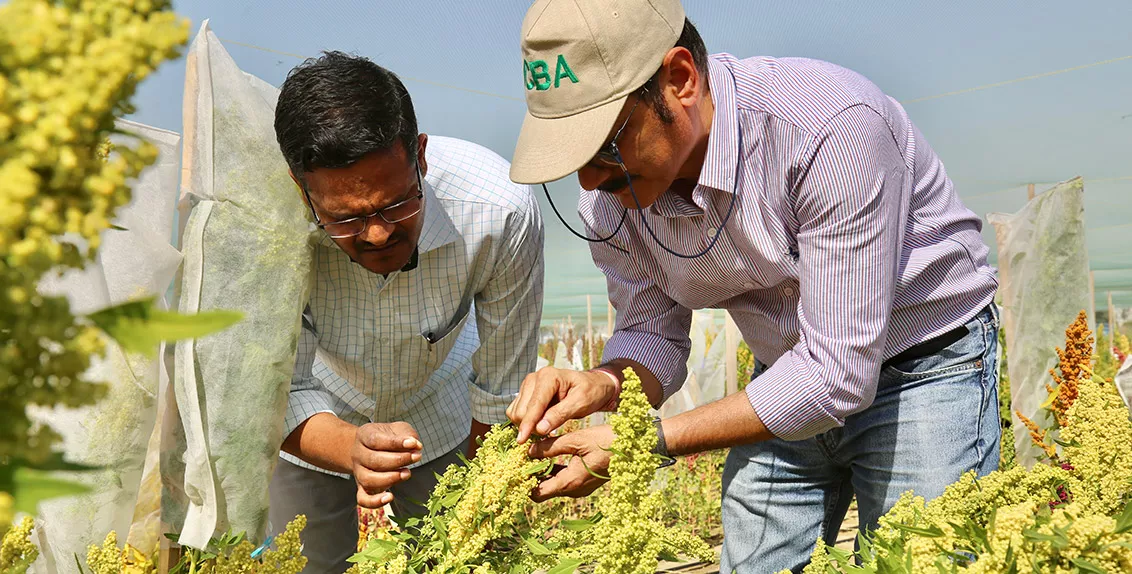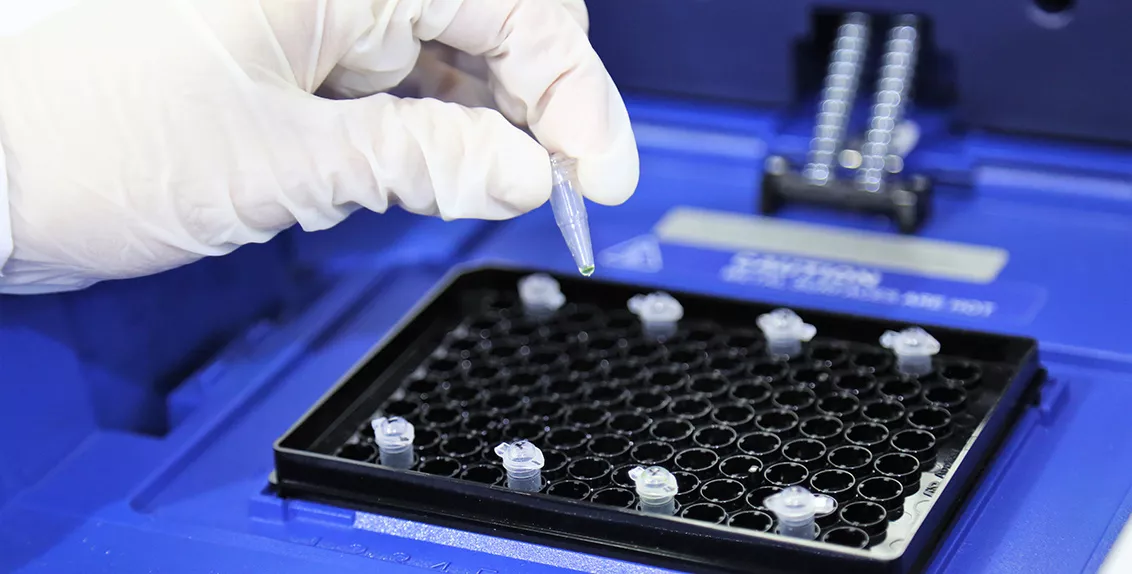Harnessing genomics for food security in marginal environments
15 December 2020
Agriculture in marginal environments is constrained by a range of factors, not least climate change.
From water scarcity to soil and water salinization to drought, the list of threats to food security runs long. Alas, rural communities that depend on farming for food and income are more at risk than other groups.
As staples like wheat, rice and maize are ill-adapted to harsh environmental conditions, there are concerns about the sustainability of traditional crops and approaches in the face of global warming.
There is a need, therefore, to shift the focus to more resilient and nutritious crops such as quinoa, sorghum, pearl millet and Salicornia, among others. However, it is important first to identify the most suitable varieties or breed new ones which are well-suited to diverse agroecosystems. This is why scientists focus on crop improvement. It makes it possible to combine a specific set of desired traits in new varieties.
While conventional methods were the main avenue in the past – often taking more than a decade, the latest advances in such fields of science as genomics help to fast-track the process. In this endeavor, speed is critical as climate change accelerates and its effects on agriculture become more damaging.
Advanced technologies, including genome sequencing and high-throughput phenotyping, allow scientists to analyze the complete genomes of plants and find ways to improve their shape, size, resilience and yield.
In recent years scientists at the International Center for Biosaline Agriculture (ICBA) have also initiated a number of projects using genomic technologies and approaches.
One of the projects is genome-wide association studies (GWAS) of quinoa conducted at the center's research station in Dubai, the UAE. As part of the project, scientists are analyzing diverse quinoa panels for different traits like tolerance to different levels of salinity; flowering duration; plant height; panicle length; branching; days to maturity; seed yield; seed weight; and seed saponin.
The main goal is to pinpoint genes or quantitative trait loci (QTLs) responsible for agronomic and biochemical characters in quinoa and use this information to speed up the development of new varieties adapted to marginal environments.
What is more, scientists are using genomic tools to understand the genetic and molecular basis of date palm’s resistance to red palm weevil. Despite its adaptability to high temperature, drought, and salinity, date palm is vulnerable to this pest.
Since 2018 ICBA has also been working with the BGI Group, the world's largest genomics research institution, to establish an advanced genomic research facility in the UAE. Called the Desert Life Science Lab, it will feature some of the latest biotechnological equipment, including the next-generation sequencing platform. The laboratory will be able to conduct whole-genome re-sequencing, genotyping-by-sequencing, metagenomics, transcriptomics, small RNA sequencing and other types of research.
As the scale and range of challenges to agriculture in marginal environments grow, more tolerant and nutritious crops will play a critical role in food production. And ICBA’s genomic research projects are designed to facilitate the development and introduction of such crops and thus make food systems more resilient and sustainable and enhance food security, nutrition, and livelihoods of rural communities.












